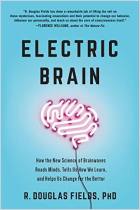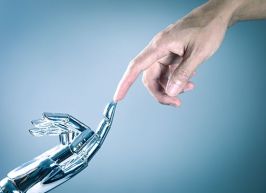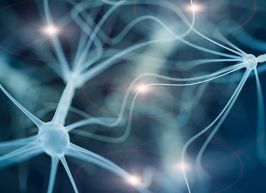
Four Ethical Priorities for Neurotechnologies and AI
Artificial intelligence and brain–computer interfaces must respect and preserve people’s privacy, identity, agency and equality, say Rafael Yuste, Sara Goering and colleagues.
Recommendation
Neurotechnologies can help clinicians improve the life of people with serious physical impairments and illnesses. However, they may impact society’s understanding of identity and mental privacy. The Morningside Group, a group of neuroscientists, neurotechnologists, clinicians, ethicists and machine-intelligence engineers, proposes ethics guidelines to protect people, and urges governments, policy-makers and research institutions to start discussions about the safe use of these futuristic technologies.
Summary
About the Authors
The Morningside Group is a group of experts working in the field of neuroscience and includes scientists, technologists, clinicians, ethicists and machine-intelligence engineers. Rafael Yuste is professor of biological sciences at Columbia University, New York City, New York, USA. Sara Goering is associate professor of philosophy at the University of Washington, Seattle, USA.


















Comment on this summary or Démarrer une discussion